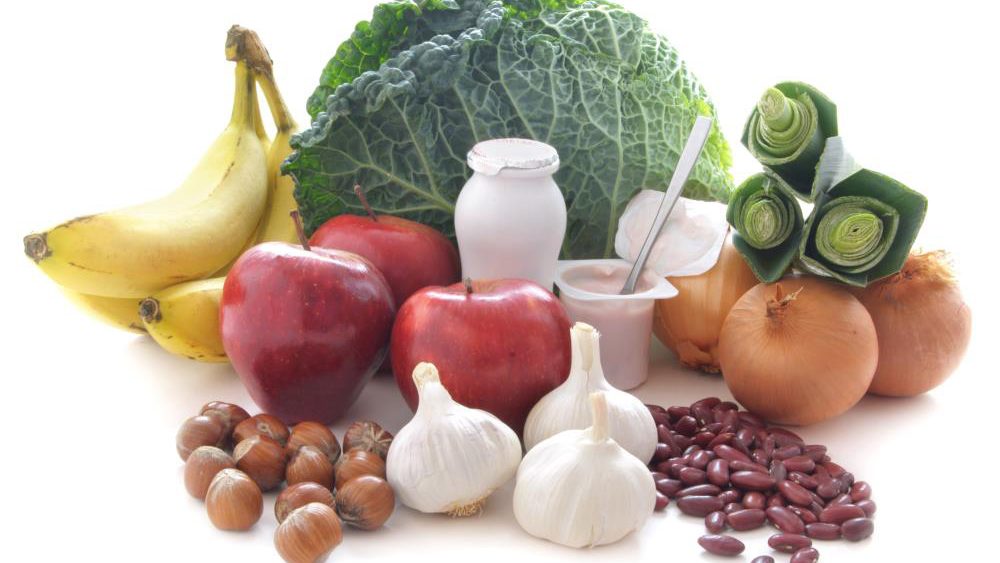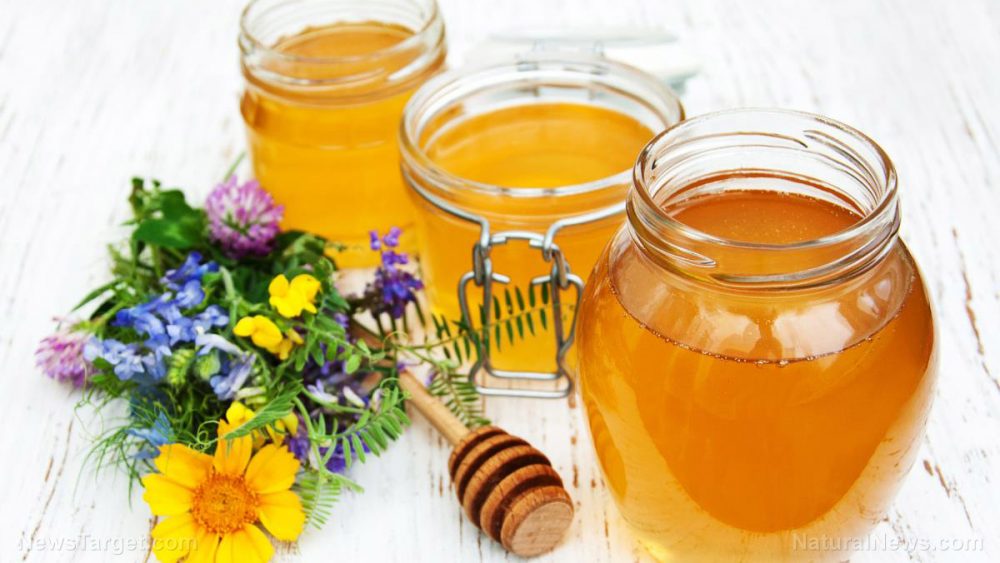
Advertisement
The human stomach, the saliva, and the large and small intestines are like a rain forest, teeming with more than five thousand living species of bacteria. These bacteria cells outnumber human cells 10:1. Every moment of every day, several trillion bacteria cells interact with one another and coordinate vital functions inside the body. Together, these bacterium regulate the gastrointestinal tract and create metabolites for proper digestion and hormone regulation. They help eliminate waste and protect the blood from toxins. They respond to outside threats and initiate immune responses.
The choices we make every day influence the diversity and the quantity of these friendly microbes. Bacteria are not working against us; they are working for us. This means we must create an environment inside our bodies that encourages commensal microbial growth. This environment is created by the foods we eat, the medicines we agree to take, and the chemicals we touch, breathe, and consume.
For example, antibiotics disable vital traits of bacteria, depleting the gut of beneficial species. Antibacterial chemicals such as triclosan, glyphosate and the antibiotics in vaccines can damage the diversity of friendly microbes in the gut. When patients are diagnosed with chronic diseases and mood disorders, allopathic doctors and psychiatrists do not conduct an investigation into the patient’s gut flora, which is the root pathology behind so many health issues.
The reason your body continues to get sick year after year lies in the weaknesses of your microbiome. Because gut health is so important, what is the best strategy to ensure there is quantity and diversity of healthy microbes in your gut?
Probiotics are important, but the microbiome can self regulate if you eat sufficient pre-biotic fibers
Probiotic supplements promise great results; however, studies show that benefits discovered in the first week of supplementation are not always replicated in the second, third or fourth week. Strain-specific probiotic supplements can help you recover from diarrhea, leaky gut, and the damages caused by antibiotics, but in the long run, you must adopt new lifestyle habits that introduce pre-biotic fibers to your microbiome.
Probiotic supplements are not a quick-fix day after day and their results are easily mitigated if you’re lifestyle consumption habits are not feeding or are damaging your microbiome. Instead of depending on supplements, your diet could instead incorporate fermented foods such as sauerkraut, kimchi, kefir, yogurt, kombucha, miso, tempeh, etc. One serving of sauerkraut may provide your gut with 28 unique bacterial strains that are necessary for regular bowel movements. Probiotic supplements are not necessary if you typically eat microbe-friendly food such as kefir. Eight ounces of kefir can deliver up to 10 billion colony forming units of bacteria to the microbiome. Only four ounces of yogurt achieves the same result.
What’s more important than probiotic supplementation is the amount of prebiotic-rich foods that you consume. Prebiotic-rich foods make the bacteria cells stronger, assisting the bacteria’s ability to produce nutrients such as butyrate, acetate and propionate – three short chain fatty acids that improve metabolic health. You can take a probiotic and multivitamin supplement everyday, but if you aren’t feeding your microbiome adequate prebiotic fibers, the bacteria in your gut won’t be able to effectively utilize the vitamins and won’t be able to effectively create and synthesize nutrients for transport through the bloodstream.
Seaweeds such as kelp and spirulina contain water soluble fiber that helps strengthen bacteria so they can adequately respond to infectious threats. The prebiotic fibers in flax seed are partly derived from mucilage gums and mostly derived from insoluble fibers, cellulose and lignin. Flax seeds help the bacteria limit the amount of dietary fats that are absorbed into the blood stream, which also has a positive effect on blood sugar levels. When cocoa beans are broken down in the digestive tract, nitric oxide is produced and utilized for improvements in cardiovascular health. Oats flood the gut with beta glucan fiber which helps gut bacteria regulate LDL cholesterol levels. Onions, garlic, Jerusalem artichoke, chia seed, yams, dandelion greens, chicory root, burdock root, leeks, and asparagus are just a few prebiotic-rich foods that encourage intelligent diversity and strength of the gut microbiome. Incorporating these types of whole foods, herbs, and roots should be more than enough, allowing the body to regulate bowel movements, metabolize nutrients, achieve homeostasis, and prevent disease on its own.
Sources include:
Advertisements







